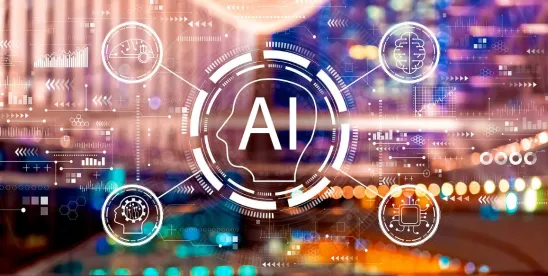The battle between open source software developers and the leading AI code generators will rage on. Despite the Court dismissing Plaintiffs’ Digital Millennium Copyright Act (DMCA) Section 1202(b) claims with prejudice, it declined to dismiss Plaintiffs’ claims for breach of contract of open source license violations by Defendants. However, the Court also dismissed Plaintiffs’ request for of unjust enrichment and punitive damages.
This case is pivotal for the future of AI code generators, one of the most powerful productivity enhancement tools for software developers. Code generators are trained on open source software found in public repositories, such as GitHub, and provide suggestions to developers as they write code. Because the open source code is subject to license terms with which the code generators allegedly do not comply, the developers contend that their operation violates the licenses.
This is the second round of motions to dismiss in this case. Initially, the Plaintiffs’ alleged, among other things, that Defendants used their source code to train AI models upon which the code generators are based and these code generators reproduce portions of the Plaintiffs’ source code without providing the attribution mandated by the open source licenses. They alleged this is a breach of the licenses, and a violation of the DMCA, which prohibits the removal of certain copyright management information (such as copyright notices), from copyrighted works (i.e., the source code).
Following the last round of briefing, the Court dismissed Plaintiffs’ state law claims for intentional and negligent interference with prospective economic relations, unjust enrichment, negligence, and unfair competition with prejudice. The Court also dismissed Plaintiffs’ claim under Section 1202(b) of the DMCA, reasoning that Plaintiffs failed to meet Section 1202(b)’s identicality requirement. However, Plaintiffs were granted leave to amend their DMCA claim.
It is important to note that the defendants in this case are the developers of the AI code generators, not the users. So what does this case mean for users? Arguably, if the code output from these AI code generators does not comply with the terms of the applicable open source licenses, users of that code may be liable for breach of contract as well. This issue will not be addressed in this case.
However, users of these tools can take steps to avoid potential liability. As I have previously addressed companies should update their open source policies to reflect the use of AI code generators. In updating these policies, companies should consider using the duplication-detection feature and/or the code reference feature provided by some of these tools. The code reference feature identifies code output by the code generator that matches publicly available code on GitHub and provides details about the matching code when you accept such suggestions. This helps you to determine any applicable license, so you can determine and comply with any license conditions. For more information on addressing legal issues with AI code generators, see Solving Open Source Problems With AI Code Generators – Legal Issues and Solutions.
For companies that do not yet have an open source policy, the pervasive use of AI code generators by your developers should be a good impetus to do so. For more information, see Open Source Software Policies – Why You Need Them And What They Should Include. For companies that have not yet developed open source policies or updated them to address the use of AI code generators, it is often help to have a knowledgeable attorney conduct an in-house presentation and help guide you in the development or updating of these policies.
For more on the Courts decision, see here.



 />i
/>i

